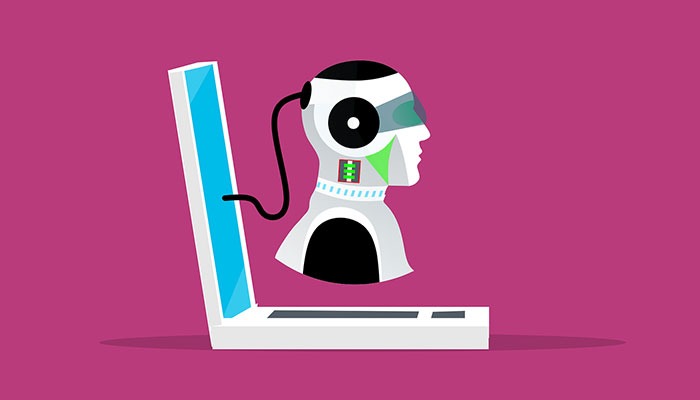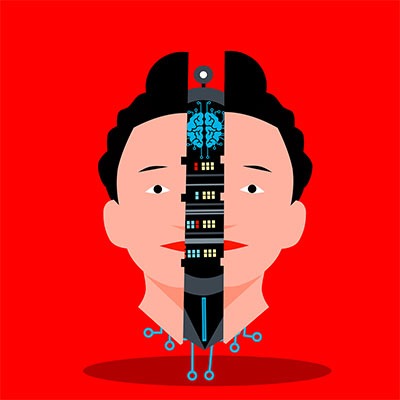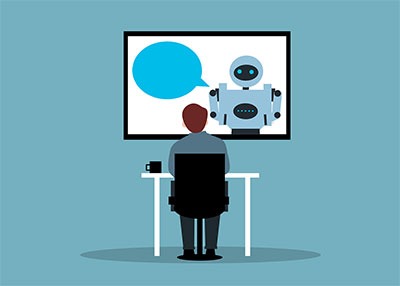The use of AI is gaining more presence in the ecommerce sphere. It is changing how companies create content and communicate with customers. From AI chatbots to content creation, AI has become indispensable to many WooCommerce store owners. If you are using or plan to use AI to supercharge your WooCommerce business, you should be aware of the pros, cons and ethical considerations that go with this powerful technology.
Growing Relevance of AI in Ecommerce
AI, with its ability to analyze vast amounts of data and generate content autonomously has become a crucial component in the evolution ecommerce. Within WooCommerce, the use of AI has witnessed a surge in adoption rates. Many services that WooCommerce store owners use have now included integration with AI in their service offerings. These range from AI website builders to AI editors, grammar checkers, and AI-powered social media tools.
Pros of Using AI-Generated Content in WooCommerce
One aspect where AI stood out is how fast it can create content which used to be a real pain point for many WooCommerce store owners. Before AI, you had to write articles from scratch or hire someone to do it which can be time-consuming and costly.
Help Save Company Resources
This is the most obvious business benefit. You save time and money from having to write articles or pay a writer to do copywriting for your WooCommerce store.
Enhanced Product Descriptions
Improved SEO and Discoverability: AI-generated content can optimize product descriptions for both search engines. This can help enhance the visibility of products and drive organic traffic.
Increased Conversion Rates and Better User Experience: AI can craft persuasive and tailored product descriptions that can help boost conversion rates and improve user experience on the site.
Personalized Product Recommendations
Tailoring Suggestions Based on Customer Behavior: AI algorithms analyze customer behavior to provide personalized product recommendations, enhancing the shopping experience.
Boosting Customer Engagement and Satisfaction: You can send data to the AI on how customers engage with your content and let AI analyze it. AI tools can then provide recommendations that can help increase customer satisfaction and engagement. This, in turn, can help foster brand loyalty.
Cons of AI-Generated Content in WooCommerce
Lack of Human Touch
AI-generated content may lack the human touch, leading to generic and inaccurate product descriptions that fail to resonate with customers. AI-generated content without a human editor will sound generic and can have a negative impact on your brand’s identity.
Accuracy and Quality Concerns
AI algorithms are smart but they will blatantly lie. AI will generate inaccurate information which can potentially harm customer trust and satisfaction. Always make sure you fact-check any content written by an AI.
Overreliance on Algorithms
Algorithms may struggle to adapt to changing market trends and cultural nuances, leading to outdated or irrelevant content.
Risk of Ignoring Unique Product Features and Benefits
You, as the business owner, understand your brand vision the best. Overreliance on AI writers may result in content that ignores your unique selling proposition and brand vision leading to non-optimum audience perception.
Ethical Considerations
There are currently no specific laws addressing the use of AI in WooCommerce or e-commerce in general. However, ethical considerations and legal requirements related to AI and e-commerce, in general, can be derived from broader regulations and principles. Considering the rate of AI adoption now, it would not be surprising if new laws governing AI were put in legislation.
The ethical principles mentioned below can guide businesses in implementing AI technologies responsibly.
Data Privacy and Security
- Compliance with data protection laws, such as the General Data Protection Regulation (GDPR) in the European Union or similar regulations in other regions.
- Transparent data practices, informing users about the data collected, how it’s used, and providing opt-in or opt-out options.
Transparency and Explainability
- Ensuring transparency in how AI algorithms make decisions, especially if they impact user experience or outcomes.
- Providing explanations for automated decisions when necessary.
Fairness and Bias
- Addressing biases in AI algorithms to ensure fair treatment of all users, regardless of characteristics such as race, gender, or other protected attributes.
- Regularly reviewing and auditing AI systems for bias.
User Consent
- Obtaining explicit consent from users before collecting and using their personal data.
- Clearly communicating the use of AI in the WooCommerce platform to users.
Security
- Implementing security measures to protect AI systems and user data from unauthorized access or breaches.
Intellectual Property
- Respecting intellectual property rights when using AI tools, especially if third-party AI models or algorithms are integrated into the WooCommerce platform.
Consumer Protection:
- Complying with consumer protection laws to ensure that products and services are accurately represented and meet quality standards.
Accessibility
- Ensuring that AI-powered features and interfaces are accessible to users with disabilities, in compliance with accessibility standards.
Balancing AI and Human Input
Since most of the cons that go with the use of AI have to do with the lack of human input, it becomes necessary for businesses to devote manpower to checking AI output.
AI excels at processing vast amounts of data and generating large amounts of content. However, it has no emotional intelligence and lacks the creativity that humans bring to the table. Recognizing the strengths and limitations of both AI and human input is crucial for achieving a harmonious balance in the use of AI technologies.
Human Oversight and Editing
Incorporate a review process where human editors can refine and enhance AI-generated content. This ensures that the final output aligns with brand identity and resonates with the target audience.
Continuous Training
Keep both AI models and human teams updated with the latest trends and market dynamics. Regular training sessions empower humans to understand AI outputs better, facilitating collaboration and improving overall content quality.
Leveraging AI to Enhance Human Productivity Rather Than Replace It
Task Automation: Utilize AI to automate repetitive and time-consuming tasks, allowing human contributors to focus on more complex and creative aspects of content creation.
Data Analysis and Insights: AI excels at analyzing data to provide valuable insights. Human teams can leverage these insights to make informed decisions, refine strategies, and optimize content for better engagement.
Enhanced Efficiency: Embrace AI as a tool to enhance human productivity. By automating routine tasks, businesses can streamline workflows, reduce errors, and accelerate the content creation process.
Adopting AI for Your WooCommerce Store
Embracing AI for Your WooCommerce Store signifies a progressive move, particularly in staying competitive within your industry. However, this adoption must be carried out responsibly. Enterprises committed to the ethical use of AI position themselves for sustained success in the long run. It’s crucial to recognize that AI should complement human efforts, not replace them. Striking a harmonious balance between AI capabilities and human input is paramount for achieving enduring success in the evolving landscape of e-commerce.













Leave a Reply